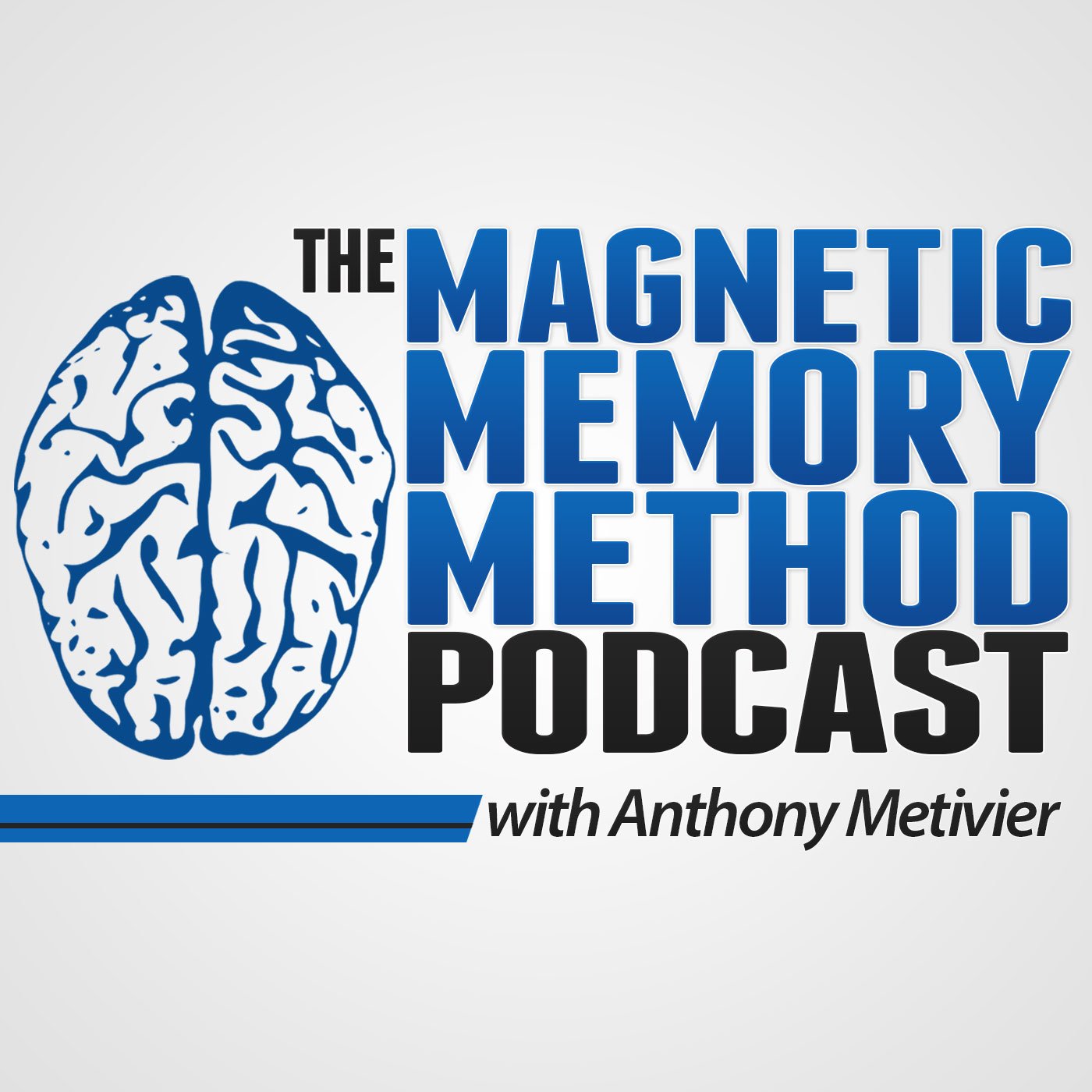Long-Term Memory Loss: 5 Proven Ways to Stop It
Description

Worried that you might be suffering long-term memory loss?
See if you can relate to a scenario like this:
I have come to this area a hundred times before.
Yet, I’m lost in this maze of streets now.
Where’s my schoolmate’s house?
Wait, schoolmate, or was she my colleague at work?
If an inner voice like that sounds familiar, it could indeed be your long-term memory acting up.
The question is, what causes long-term memory loss? What are its symptoms? And, how do you treat or prevent it?
In this article, I’m drawing upon my fifteen years experience as a memory improvement teacher to help you understand and avoid long-term memory loss.
You’ll discover how to identify it, and get proper treatment if needed.
I’ll also show you a powerful, “magnetic” way to improve your memory so it stays intact even as you age.
Better than that, I’ll show you some simple memory exercise routines I practice myself to keep sharp as I approach my fifties.
Here’s what I’ll cover:
- What is Long-Term Memory?
- What is Long-Term Memory Loss?
- Symptoms of Long-Term Memory Loss
- What Causes Long-Term Memory Loss?
- How is Long-Term Memory Loss Diagnosed?
- How to Treat Long-Term Memory Loss
- 5 Ways to Boost Memory and Prevent Long-Term Memory Loss
Let’s start with a quick look at long-term memory. Definitions are important because often people don’t stop to consider exactly what this type of memory really is.
What is Long-Term Memory?
Long-term memory is how your brain encodes and remembers events, facts, and how to do things.
For example, if you can remember your high school teacher’s name or the route to the house you stayed in 20 years ago, that’s information stored in your long-term memory.

How is it different from short-term memory?
Short-term memory (or working memory) is how your brain stores things temporarily. Examples include a grocery list, or what you had for lunch earlier today.
How do short-term memories wind up in long-term memory?
Usually through some kind of repetition or process of learning that leads to what memory scientists call “consolidation.’
In other words, the more you deliberately recall memories, the better they get consolidated into permanent, long-term memories.
So, how are these memories stored in the brain?
Assuming your brain is free from any memory disorders, short-term memory activates your prefrontal cortex, frontal lobe, and the parietal lobe of your brain.
The hippocampus brain region is responsible for the consolidation of info from short-term to long-term memory.
And, your long-term memory is associated with the prefrontal cortex, cerebrum, frontal lobe, and medial temporal lobe.
Types of Long-Term Memory
I mentioned the recall of a teacher’s name or a street address. Those two details are actually a kind of information called “semantic.”
Overall, your brain stores many types of long-term memories, not just semantic memory.
You also store episodic memory, procedural memory, implicit memory (non-declarative memory), and explicit memory (declarative memory).
For example, if your teacher’s name is a semantic memory, remembering the time your teacher gave you an A+ is an episodic memory. It is literally an episode from your life.
Your ability to effortlessly jot out the alphabet with a pen or pencil? The same teacher may have given you the skill, but it’s a procedural memory that helps you remember how to recreate your semantic memory of what letters the alphabet contains.
Fascinating, isn’t it?
Yes, and these differences in the various types of memory and kinds of information really matter. That’s because they make the deep-dive into all things related to long-term memory loss we’re about to discuss much more valuable.
What is Long-Term Memory Loss?
When you find it difficult to remember any of the information types we just discussed, provided that you learned it in the past, we call the failure to retrieve these details or skills long-term memory loss.

Is long-term memory loss the same as dementia?
No. Long-term memory impairment isn’t the same as dementia. Not even close.
However, it can be a sign of dementia.
According to the Alzheimer’s Association, dementia is an umbrella term for “diseases and conditions characterized by a decline in memory, language, problem-solving, and other thinking skills.”
Alzheimer’s disease specifically is a kind of cognitive impairment that progressively destroys your episodic memory, thinking abilities, and the ability to do even simple tasks like writing.
Around 10% of Americans above 65 years of age are said to have Alzheimer’s disease. And Alzheimer’s disease happens to be the most common cause of dementia.
How does Alzheimer’s disease affect long-term memory?
The first symptom of Alzheimer’s disease is short-term memory impairment. Long-term memory impairment follows, along with other symptoms of Alzheimer’s disease or dementia.
So even though you’re probably not suffering any kind of dementia if you can read this page, if your memory is currently affecting your ability to perform daily chores, it’s worth checking things out with a doctor.
Doing so is critically important because many people diagnose themselves. But as we’ve seen there are different kinds of information and various brain problems influence them differently.
Different types of dementia
That’s why it’s important to understand the many types of dementia. Beyond Alzheimer’s, these varieties include:
Lewy body dementia: This is an umbrella term for Dementia with Lewy Bodies (DLB) and Parkinson’s disease dementia — both characterized by abnormal deposits of the alpha-synuclein protein in the brain.
It usually sets in after the age of 50. Dementia symptoms are episodic loss of long-term memory, movement problems, and decision-making difficulties.
Frontotemporal dementia: This dementia is caused by progressive degeneration of the frontal and temporal lobe of the brain. It usually starts with behavior changes, and could eventually lead to severe memory impairment.
Vascular dementia: This is caused by reduced blood flow to the brain due to stroke or any other vascular brain damage. It causes progressive memory impairment and affects your attention and problem-solving abilities.
Remember, while memory impairment is a symptom of dementia, having long-term memory impairment doesn’t always mean you have dementia.
Also, note that dementia is often confused with cognitive impairment conditions like amnesia. One way that professionals test to make sure the diagnosis is correct is to have the patient play games that help identify dementia.
People with amnesia find it tough to form new memories. Others are unable to recall facts or past experiences. The two main types of amnesia are anterograde amnesia (characterized by short-term memory loss), and





